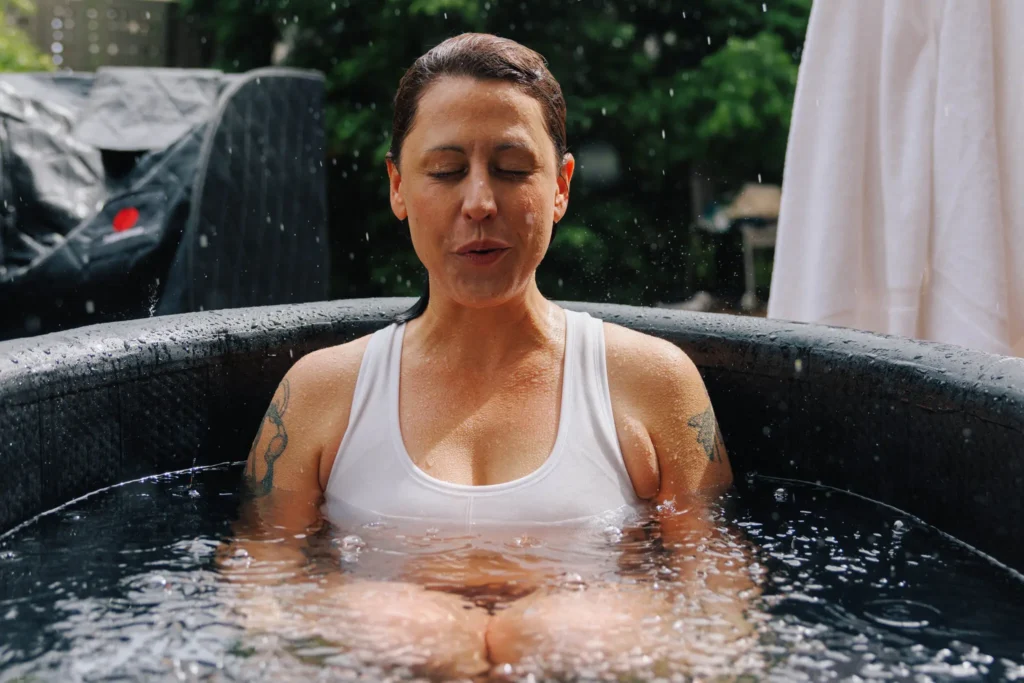
Ready to get fitter in 2025? Forget the quick fixes and miracle workouts. This year, it’s about building sustainable habits and focusing on what truly works. Social media is flooded with fitness misinformation, so we’ve consulted the experts to debunk the most irritating trends and offer practical advice.
Ditch the “75 Hard” Challenge:
This viral challenge promises dramatic transformations in 75 days through a strict regimen of twice-daily workouts, a restrictive diet, and other demanding tasks. Sounds intense, right? Experts say it’s too intense. Victoria Sekely, a physical therapist, calls it “extremely unsustainable” and “quite possibly the worst way to set good habits.” Twice-daily workouts, especially for beginners, increase the risk of injury and create unrealistic expectations. Instead, start small, find an activity you enjoy, and build consistency. Consider working with a qualified coach for a personalized plan.
Targeted Weight Loss is a Myth:
Those TikTok videos promising to melt fat in specific areas? Don’t buy it. Despite what you see online, “spot reduction” is a myth. You can’t tone just your stomach or arms with specific exercises. Rae Reichlin, founder of Ladies Who Lift, emphasizes that while you can strengthen muscles in different areas, you can’t control where you lose weight. Focus on full-body strength training twice a week, even at home with minimal equipment.
Beware the “What I Eat in a Day” Videos:
These seemingly innocent videos can be problematic. Dr. Amy Comander points out that everyone has different needs based on factors like height, weight, and body composition. These videos can also promote disordered eating, warns sports dietitian Meghann Featherstun. Plus, what you see online might not even be the truth. For personalized nutrition advice, consult a registered dietitian or nutritionist.
Zone Two Training: Don’t Get Obsessed:
Low-intensity “zone two” training is popular, but fixating on it can be counterproductive. James McKirdy of McKirdy Training explains that factors like stress and sleep can affect your heart rate, and smartwatch data isn’t always accurate. Focus on how the workout feels. For endurance building, aim for a conversational pace. “What matters most is actual feeling and intensity,” says McKirdy.
Oversharing Workout Stats: Less is More:
Fitness trackers can be helpful, but obsessing over the data is a trap. Cardiologist Kathryn Larson notes that some patients get so fixated on their devices that they lose sight of why they’re exercising in the first place. Sharing and comparing data on social media can also be problematic, as those numbers lack context, says Dr. Sekely. Focus on how you feel after a workout, not just the stats.
Cold Plunges: Not a Miracle Cure:

Cold plunges are trending, with claims of everything from immune regulation to anxiety relief. While some studies suggest potential benefits for mood and well-being, more research is needed, says Dr. Comander. If you enjoy cold plunges, great! But do it because it feels good, not because you expect miraculous results.
The Bottom Line:
This year, ditch the fads and focus on sustainable fitness. Find activities you enjoy, build consistency, and consult qualified professionals for personalized guidance. Don’t let social media hype or unrealistic promises derail your fitness journey. True fitness is a marathon, not a sprint.
CONTACT
Better health and wellness is just a click or call away
UPCOMING EVENTS
OPEN
April 19Happy Easter
April 20CLOSED
April 26Happy Birthday Dr. Arthur!
May 11





